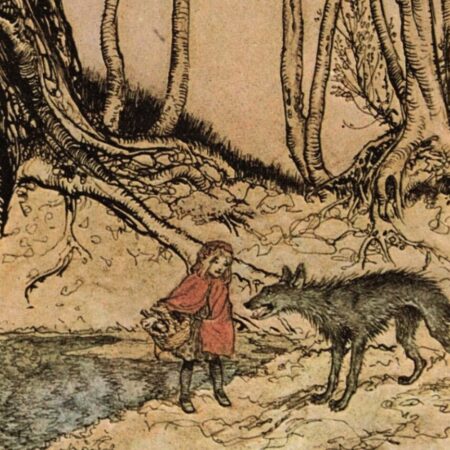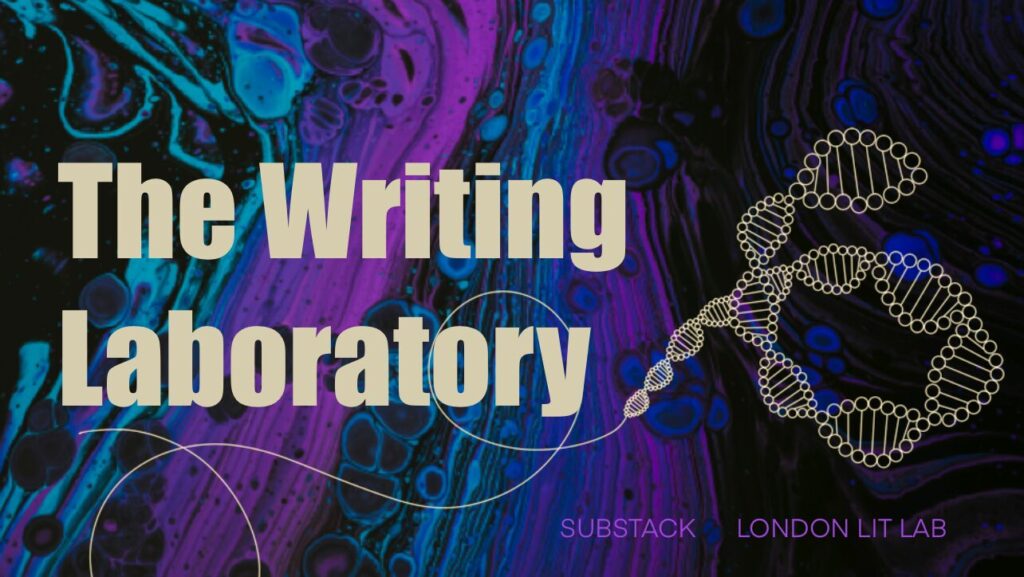Folk tales have long been borrowed by writers, from Charles Perrault’s first ‘literary fairy tales’ in Mother Goose, to Angela Carter’s subversive and riotous remixes in The Bloody Chamber, to Lucy Wood’s Cornish folklore-infused Diving Belles.
Such writers have engaged with folk tales in myriad ways, from full-blown rewrites, to weaving in recognisable characters and symbols, to using tales as jumping off points for completely new work.
As well as exploring folk tales themselves, we’ll look at a range of published fiction that demonstrates this range of approaches. This might include stories from writers such as Angela Carter, Marina Warner, Sara Maitland, Donald Barthelme, Joyce Carol Oates, Kirsty Logan, Lucy Wood and more.
This course is aimed at new or established writers, who are either already experimenting with using folk tales in their writing, or who would like to learn about this approach for the first time.
Course outline
- Four assignments, including reading material, discussion prompts and writing exercises
- Opportunity to share your work (not obligatory)
- Written feedback on a final submission of up to 1,500 words from the course tutor
- An online writing community, lasting beyond the end of the course
Your course tutor, Zoe Gilbert, will upload a new lesson each week. This will include stories and other sources to read, Zoe’s lesson, and a writing assignment. You can read and write in your own time, and share your thoughts and writing with others using message threads on the course page. There is no obligation to share work unless you would like to!
In the penultimate week, you’ll have time to develop one of the writing assignments into a finished short piece. Zoe will read it and provide feedback in the final week.
All material and discussion channels will be available for the seven-week period of the course, and for two months after that.
Course timetable and content
Week 1 (March 13th): Remaking, remixing, enhancing, subverting – the folk tale retold
Week 2 (March 20th): Borrowing threads – taking a folk tale trope and weaving new meaning
Week 3 (March 27th): Spinning from raw folklore – making story from weird and wonderful beliefs
Week 4 (April 3rd): Break week to catch up on assignments, read and write
Week 5 (April 10th): Ancient technique – using folk-tale principles in new writing
Week 6 (April 17th): Submit a whole or partial finished piece (up to 1,500 words)
Week 7 (April 24th): Receive individual feedback from Zoe
Time Commitment
You can work through the material and do writing exercises at your own pace. To help with your planning, we suggest you allow a minimum of three hours for each lesson/assignment, and a little extra for optional recommended reading.
Learning online
The course will take place online, in a closed group on a platform called Slack. You’ll need to have internet access but not on particular dates. Slack is easy to use, and we’ll provide you with full instructions and guidance before the course starts. On Slack, we won’t have scheduled live chats, but there will be plenty of opportunity to interact with Zoe and the other course participants in discussion threads, throughout the seven weeks.



